Nepali Migrant Workers Face Infertility Crisis After Years of Labor in the Gulf
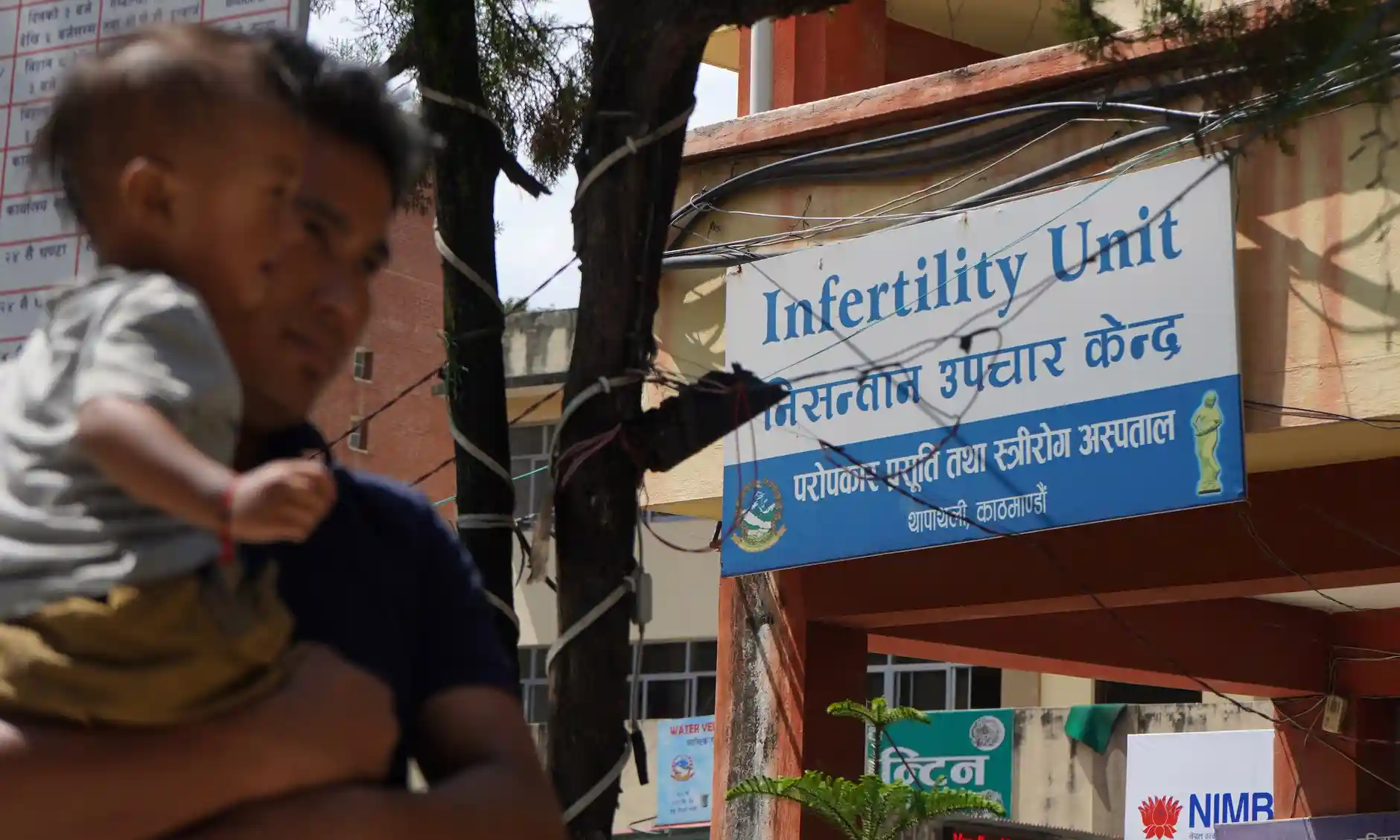
Prolonged separations and harsh working conditions abroad lead to alarming rates of infertility among returnee migrant workers.
October 11, 2023: At the Paropakar Maternity and Women’s Hospital in Kathmandu, Nepal, a troubling trend is emerging as a growing number of married couples sit in the infertility unit, sharing stories of their prolonged separations and the struggles they face in conceiving children. What these couples have in common is that the husbands have spent years working abroad, often in the Gulf.
One such couple, Ramesh and Jyoti, shared their heartbreaking story. Ramesh had left Nepal to work as an electrician in Saudi Arabia for 16 years to provide for his extended family. Although they had a daughter shortly after getting married, they’ve been unable to have another child despite his regular visits home. Ramesh believes the harsh conditions he faced while working in Saudi Arabia’s extreme heat may have contributed to their infertility, The Guardian reported.
According to Dr. Binita Thapa, a gynecologist at the infertility unit, about 45% of the cases she treats involve husbands who have worked in the Gulf. These men often return home after years of labor with severe reproductive issues, leading to heartbreak and emotional distress.
Doctors in Nepal believe that the challenging and abusive living and working conditions faced by migrant workers in the Gulf, especially the extreme heat during the summer months, are significant factors in infertility. These workers often endure high temperatures, poor diet, overcrowded living conditions, and stressful work environments, which may negatively impact their fertility.
The harsh reality is that low-wage migrant workers in the Gulf cannot bring their wives with them due to financial constraints, leading to prolonged separations. They usually live in all-male labor camps, often sharing crowded dormitories.
This alarming crisis is expected to grow as a record number of Nepalis have left the country for work abroad, mainly due to a lack of employment opportunities at home. However, the high rates of infertility among these workers are exacerbated by the long durations of their stays abroad, sometimes spanning decades, with only brief visits back home.
The pressure to have children is immense, especially sons, during their short visits. Doctors suggest that the limited time couples have to conceive, coupled with the stress and anxiety that results, may further contribute to the fertility issues faced by these families.
Many of these men are not even aware of the brief fertility window each month when their wives are most likely to conceive. Dr. Sita Pokhrel, a gynecologist and obstetrician, noted that over 90% of these men lack this knowledge, which further complicates their ability to conceive during their short visits.
As these men spend a significant portion of their prime reproductive years working abroad, they often face secondary infertility, which means they had one child before leaving but struggle to conceive upon returning.
To address these challenges, some doctors advocate semen freezing for artificial insemination while the husbands are away. However, this option is often stigmatized, as couples fear societal judgment. They worry that others might count the months to identify the precise timing of the conception.
The World Health Organization estimates that one in six people of reproductive age face infertility issues at some point in their lives. While this issue is global, individuals in developing countries often suffer more due to limited access to fertility treatment and its high cost.
While affordable fertility treatment is available at government-run facilities like the Paropakar Maternity and Women’s Hospital, it remains unaffordable for many returnee migrant workers, forcing some to return overseas to earn money for the treatment. This situation highlights the urgency of addressing the mental, emotional, and economic toll of infertility on these individuals and their families.
As Nepal grapples with this fertility crisis among its returning migrant workers, it underscores the need for policies and support systems to address the well-being of these individuals who have sacrificed years of their lives for the economic betterment of their families.









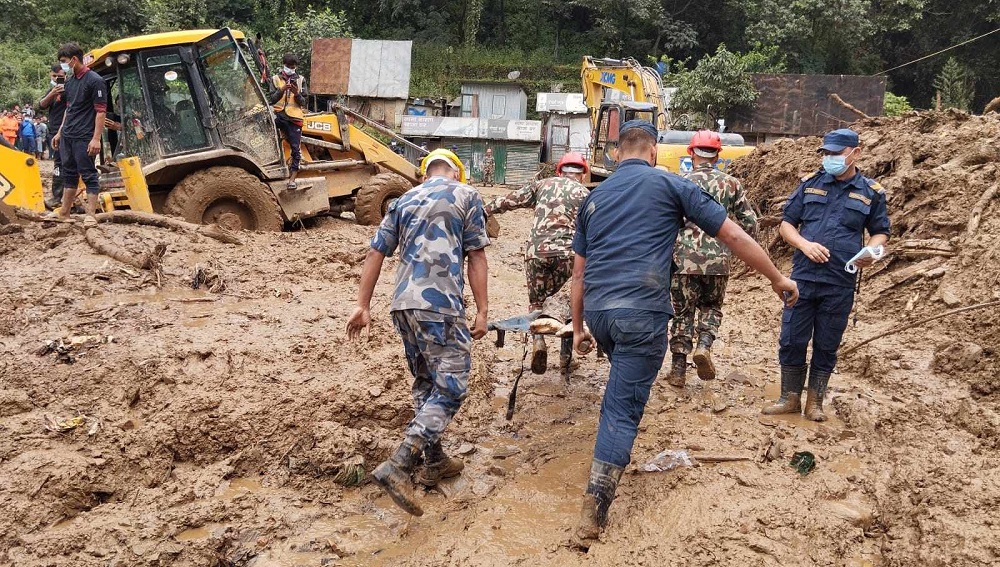
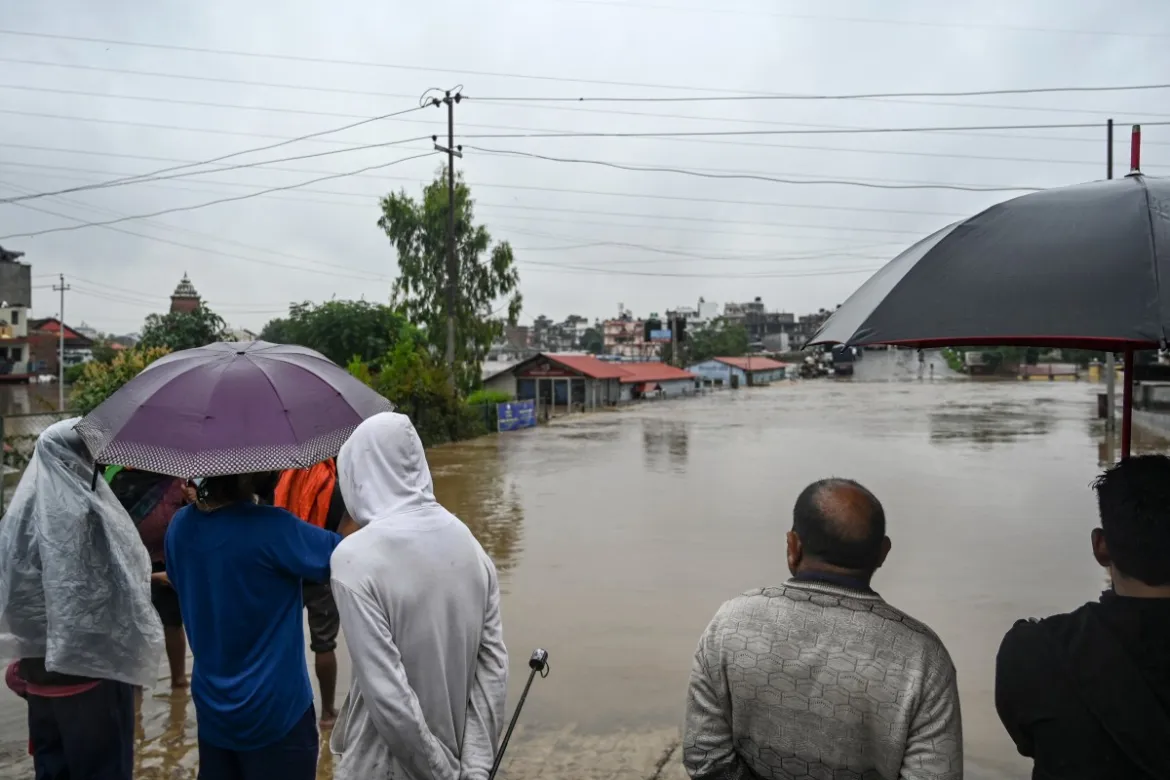
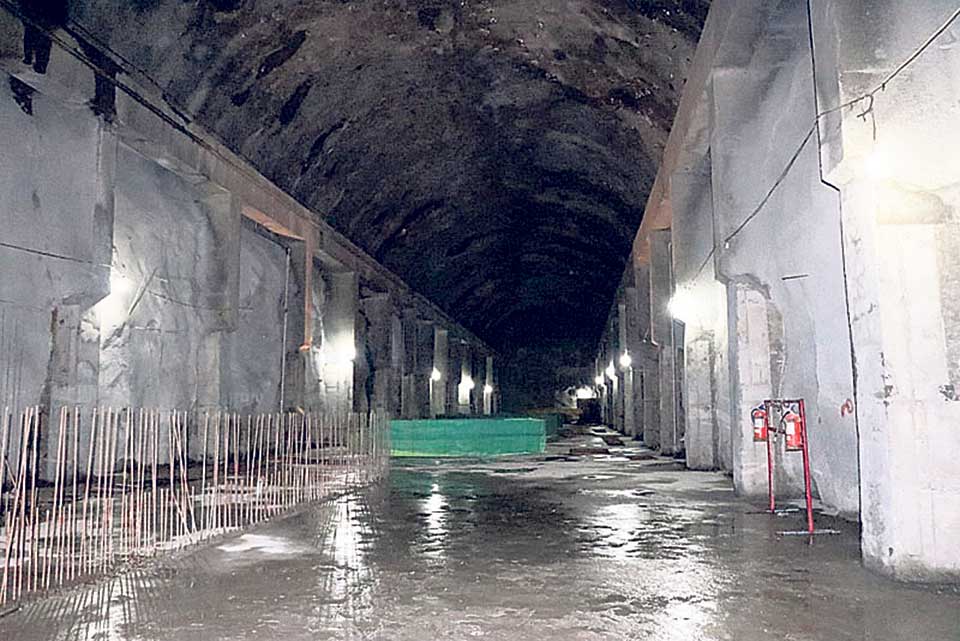
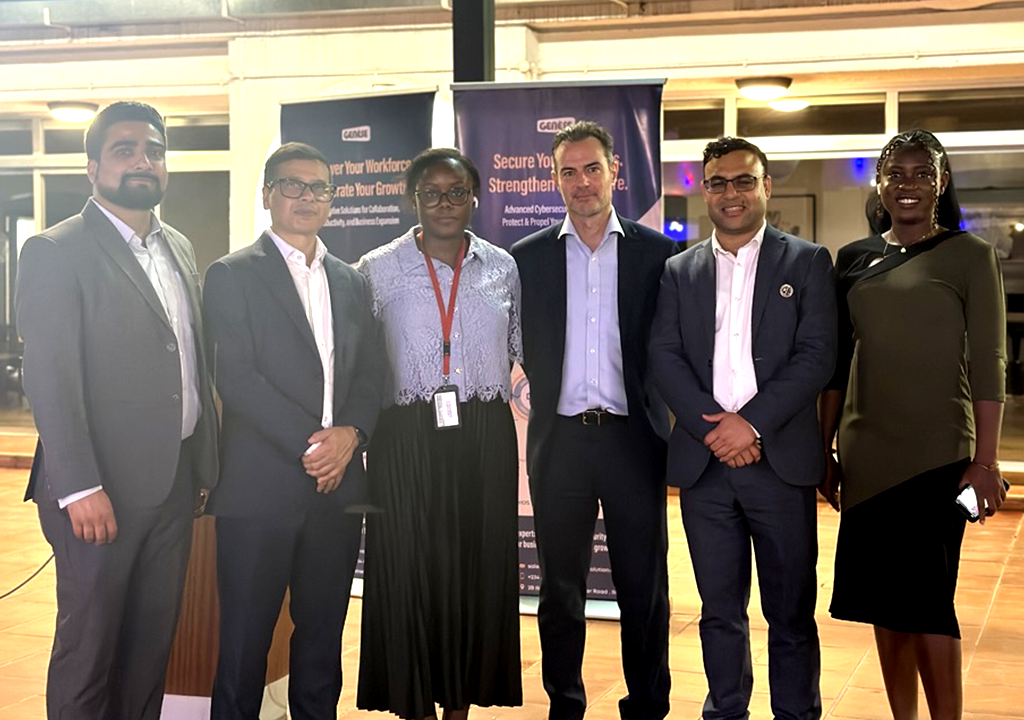

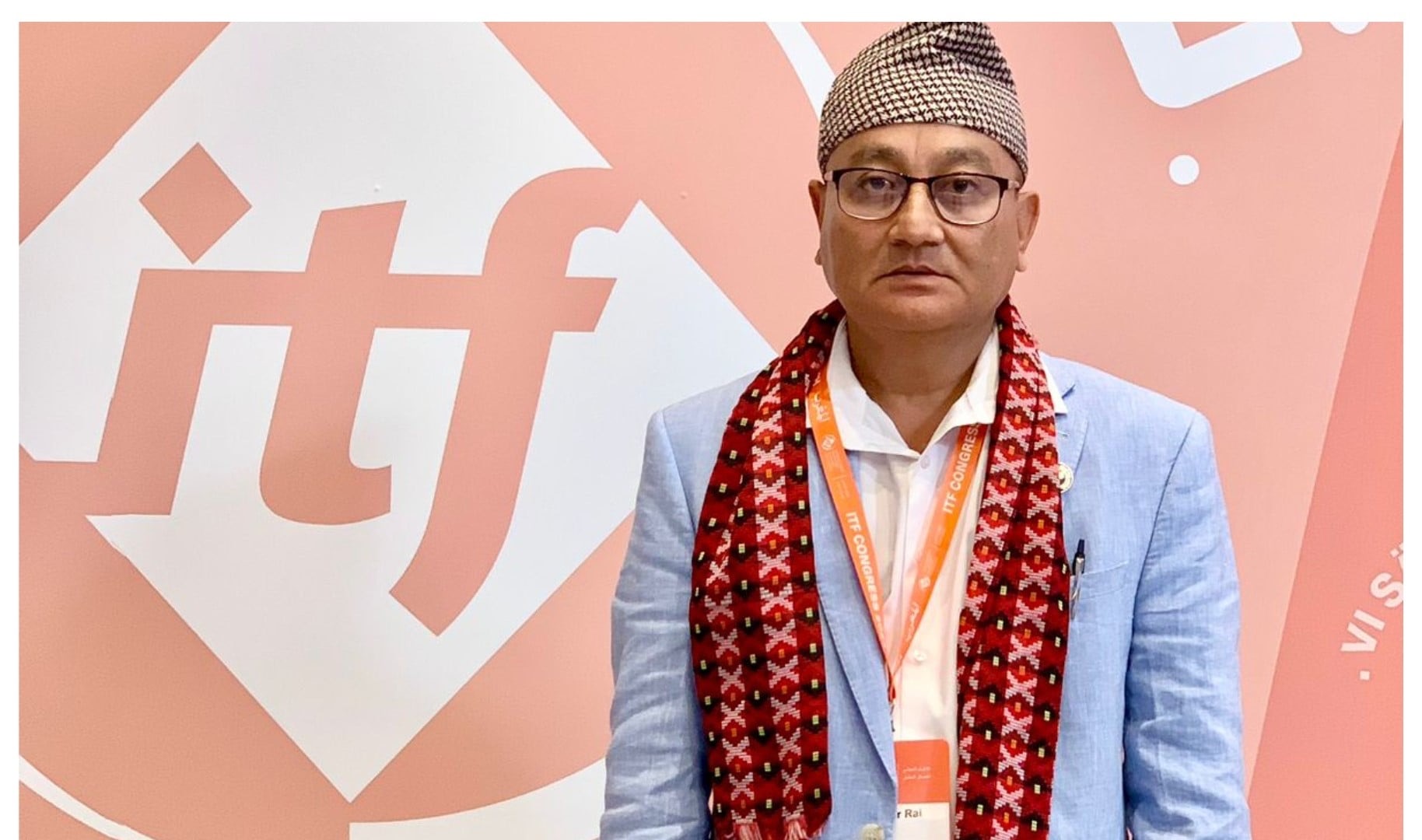



Facebook Comments